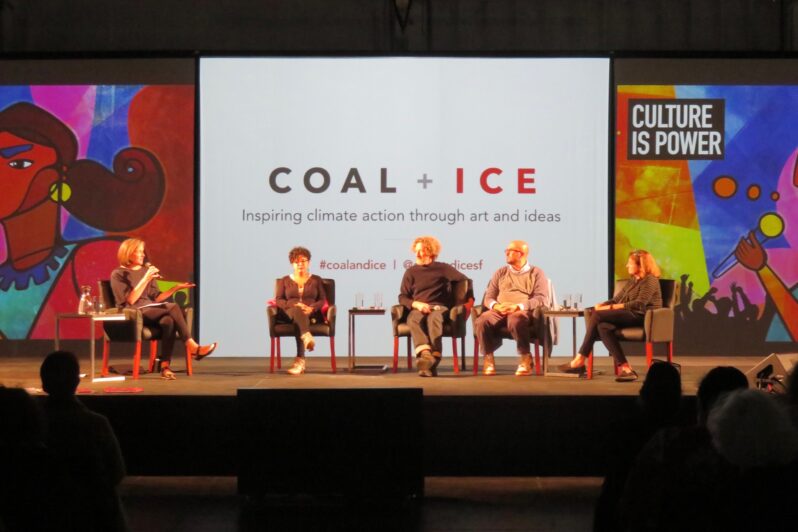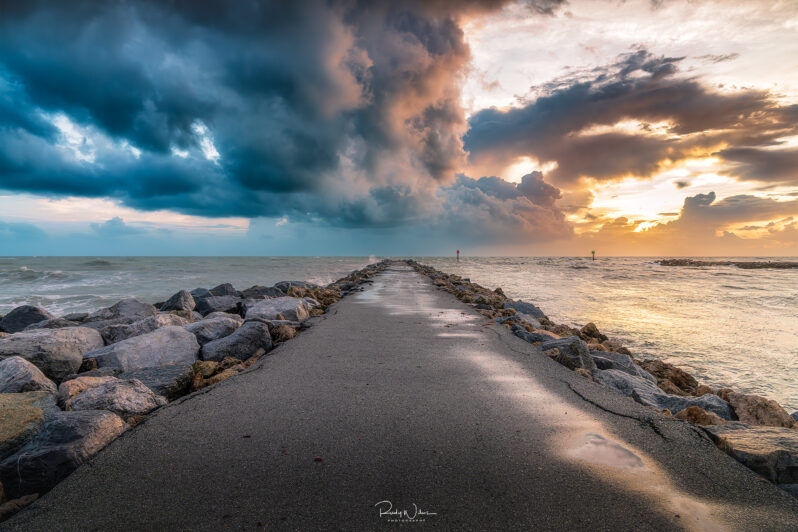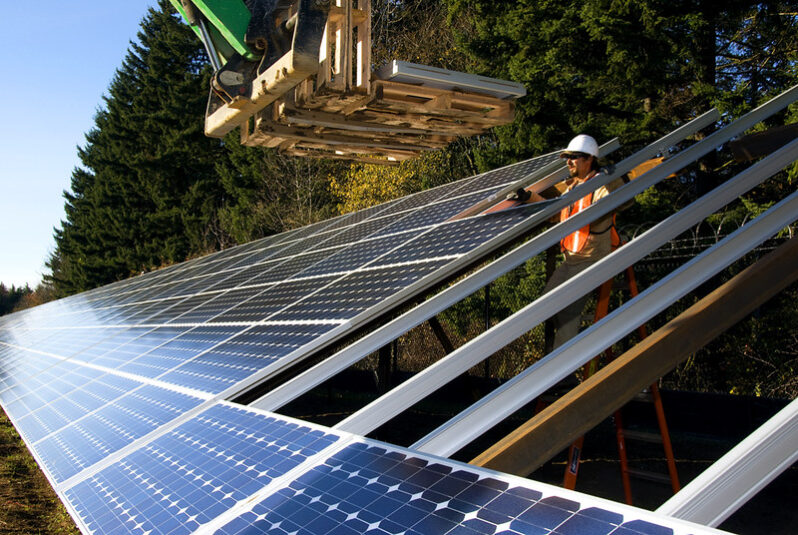Images of Climate Change That Cannot Be Missed – the New Yorker

Just as we risk becoming inured to the crisis, an exhibition, “Coal + Ice,” serves as a stunning call to action…
Hurricane Idalia’s Explosive Power Comes from Abnormally Hot Oceans – the New Yorker

Of all the astonishing facts about our blithe remaking of the world’s climate system, the most astonishing might be this: if oceans didn’t cover seventy per cent of our planet, we would have increased the average temperature to about a hundred and twenty-two degrees Fahrenheit. That’s because those oceans have absorbed something like ninety-three per cent of the extra heat trapped by the greenhouse effect and our burning of fossil fuels…
From Climate Exhortation to Climate Execution – the New Yorker

The Inflation Reduction Act finally offers a chance for widespread change…
So far, the climate debate has gone on mostly in people’s heads and hearts. It took thirty years to get elected leaders to take it seriously: first, to just get them to say that the planet was warming, and then to allow that humans were causing it. But this year Congress finally passed serious legislation—the Inflation Reduction Act—that allocates hundreds of billions of dollars to the task of transforming the nation so that it burns far less fossil fuel. So now the battle moves from hearts and heads to houses…
How to Pay for Climate Justice When Polluters Have All the Money – the New Yorker

You can imagine the tension—the anger—that comes from watching your part of the world dry up or flood, knowing that the countries whose pollution caused your problems also have enough dollars to repair the damage…COP27 is one more reminder, however, that justice only proceeds, fitfully, through politics. Rebalancing the world’s wealth, even a little, is the trickiest of political tasks. Yet our chances for a livable world may depend on it.
